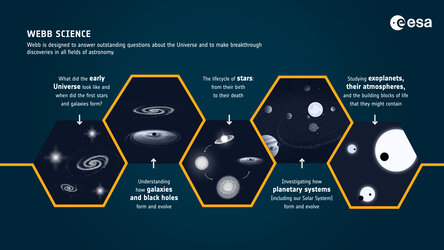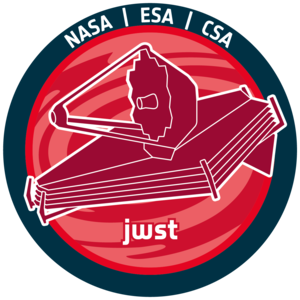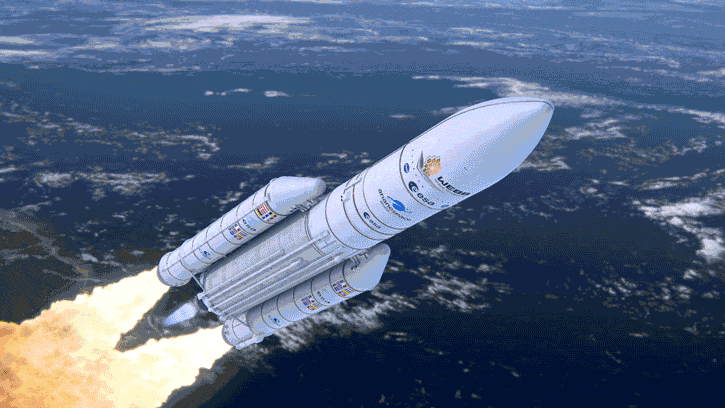
Impression of Webb’s journey to space
The James Webb Space Telescope will be the largest, most powerful telescope ever launched into space.
Webb’s flight into orbit will take place on an Ariane 5 rocket from Europe’s Spaceport in French Guiana.
Webb is the next great space science observatory, designed to answer outstanding questions about the Universe and to make breakthrough discoveries in all fields of astronomy. Webb will see farther into our origins – from the formation of stars and planets, to the birth of the first galaxies in the early Universe.
During the first month in space, on its way to the second Langrange point (L2), Webb will undergo a complex unfolding sequence. Key steps in this sequence are unfolding Webb’s sunshield – a five-layer, diamond-shaped structure the size of a tennis court – and the iconic 6.5-metre wide mirror, consisting of a honeycomb-like pattern of 18 hexagonal, gold-coated mirror segments.
Working with partners, ESA was responsible for the development and qualification of Ariane 5 adaptations for the Webb mission and for the procurement of the launch service. As well as launch services, ESA contributes to two of the four science instruments (NIRSpec and MIRI), and provides personnel to support mission operations.
Webb is an international partnership between NASA, the European Space Agency (ESA) and the Canadian Space Agency (CSA).
Credit: ESA/ATG medialab
Music: 'Once In A Lifetime' by Philip Guyler and 'Halcyon Days' by Ian Hughes






